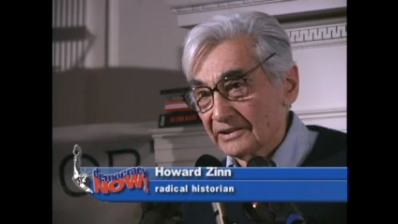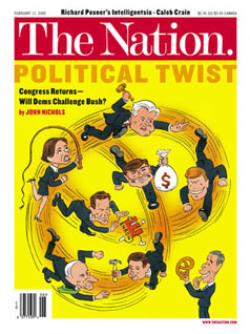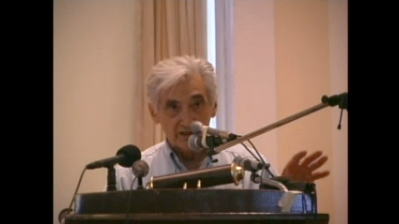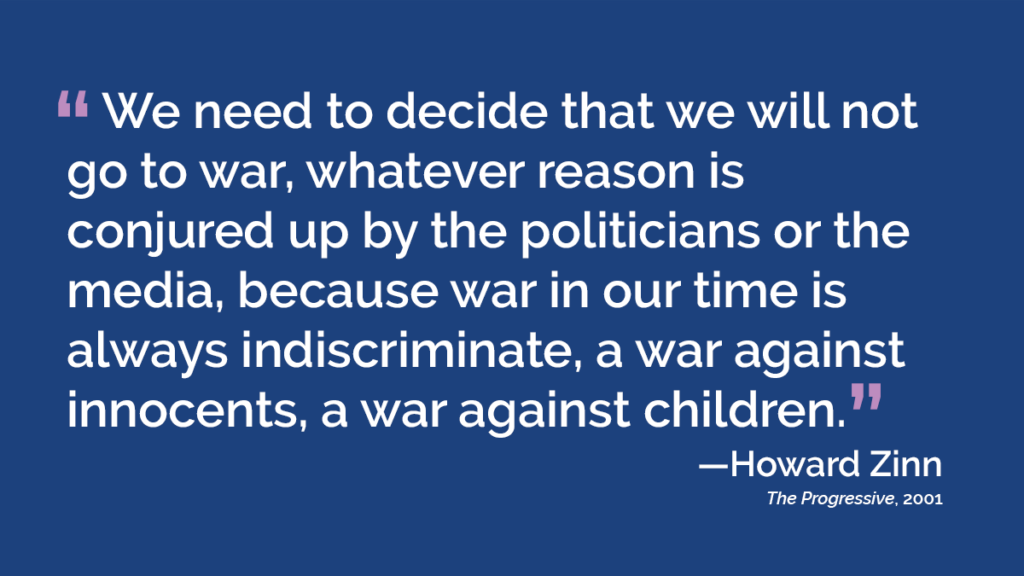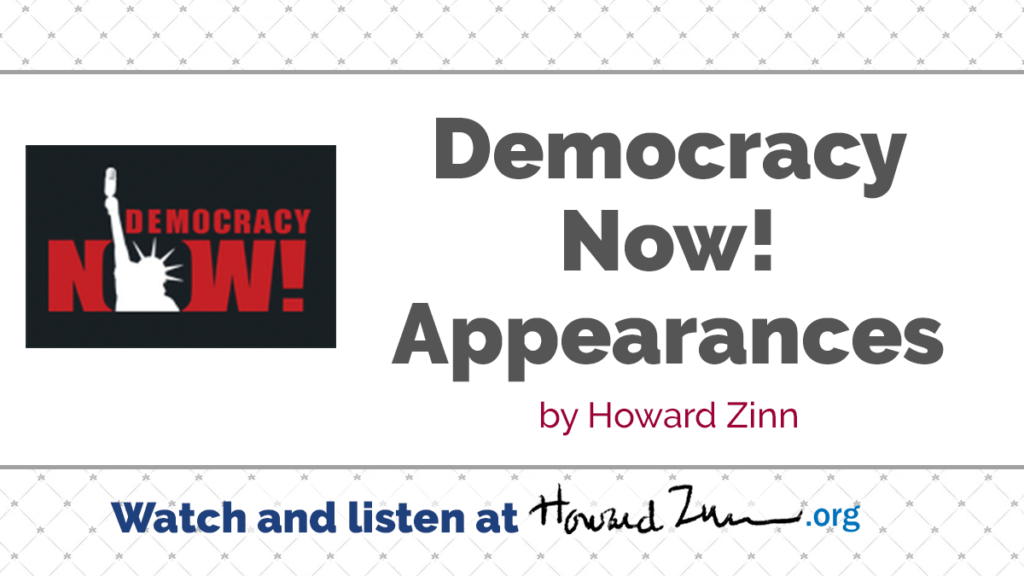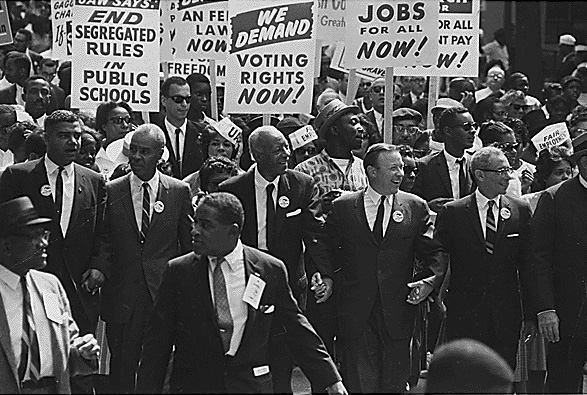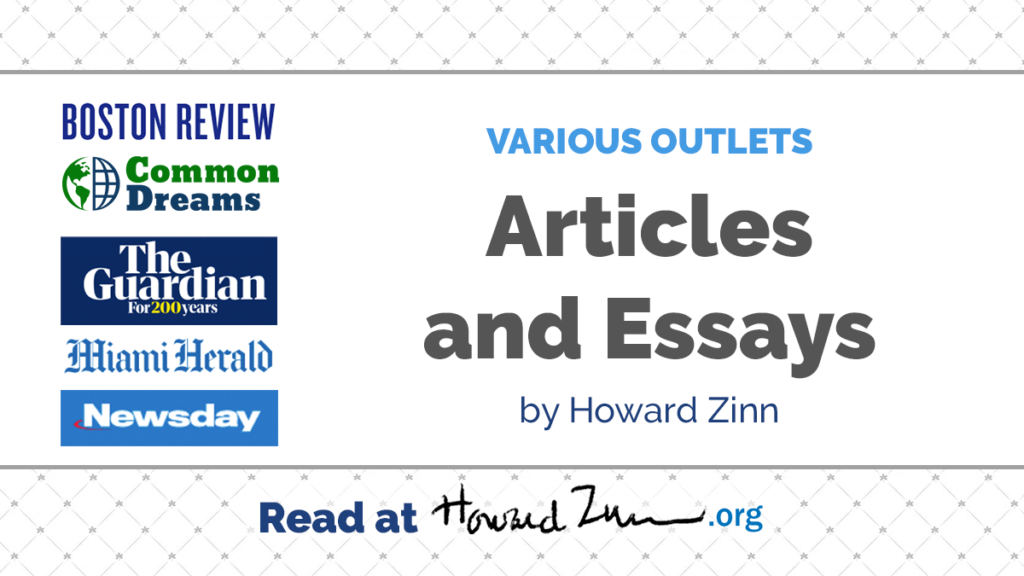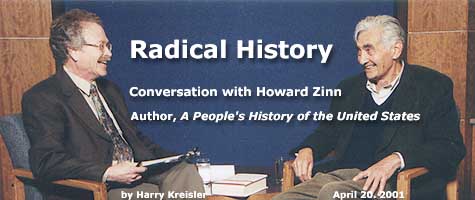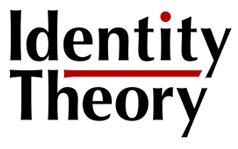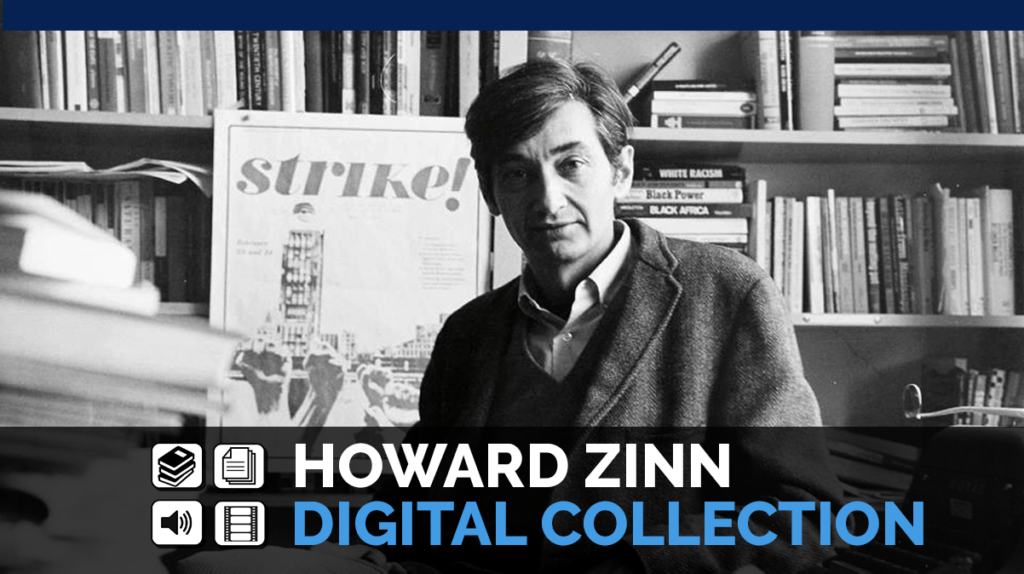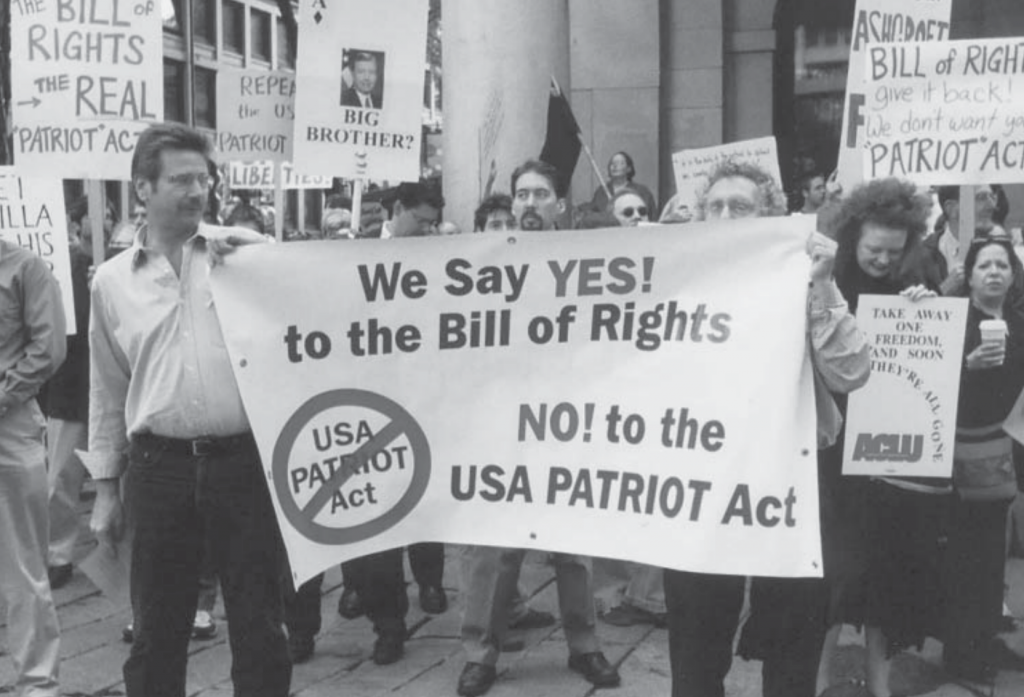
Operation Enduring War
Article by Howard Zinn. The Progressive. March 2002.
"We are 'winning the war on terror.' I learn this from George Bush's State of the Union Address. 'Our progress," he said, 'is a tribute to the might of the United States military.' My hometown newspaper, The Boston Globe, is congratulatory: 'On the war front, the Administration has much to take pride in.' But the president also tells us that 'tens of thousands of trained terrorists are still at large.' That hardly suggests we are 'winning the war.'"
Read More »
"We are 'winning the war on terror.' I learn this from George Bush's State of the Union Address. 'Our progress," he said, 'is a tribute to the might of the United States military.' My hometown newspaper, The Boston Globe, is congratulatory: 'On the war front, the Administration has much to take pride in.' But the president also tells us that 'tens of thousands of trained terrorists are still at large.' That hardly suggests we are 'winning the war.'"

